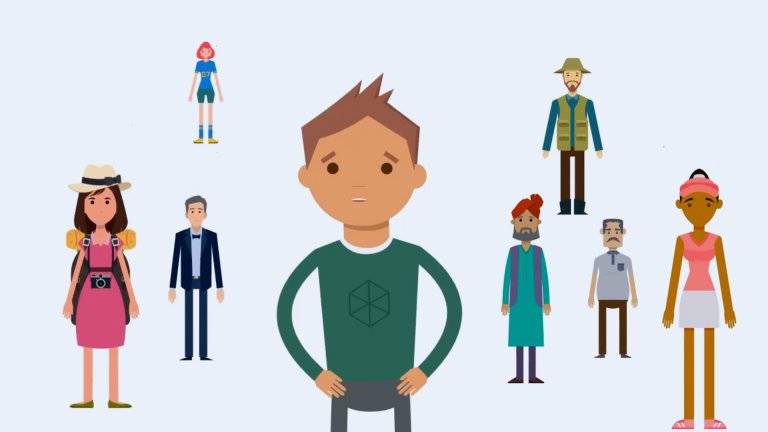An Exposé: Study 329, Antidepressants, and New Zealand’s Youth Suicide Crisis
The alarming prevalence of antidepressant use among New Zealand’s youth demands urgent scrutiny. According to Ministry of Health data obtained by Kiwis For Good, in 2021, over 10,000 prescriptions for the antidepressant paroxetine were written for individuals under 30, including 1,330 for those under 19. These figures are particularly concerning given the dark history of paroxetine, a drug at the centre of one of the pharmaceutical industry’s most notorious scandals: Study 329.
Study 329: A Stark Warning from History
In the 1990s, GlaxoSmithKline (GSK) conducted Study 329 to evaluate paroxetine’s safety and efficacy in treating adolescent depression. The results were falsified to present the drug as “safe and effective,” masking evidence that it significantly increased suicidal thoughts and behaviours in adolescents. This deliberate deception came to light after independent researchers, led by Dr David Healy, reanalysed the trial and revealed the true extent of the risks. Their findings led to lawsuits, regulatory action, and a “black box warning” for antidepressants in young people.
Despite these warnings, paroxetine continues to be prescribed, raising concerns about whether lessons from Study 329 have been fully absorbed. Its use among New Zealand’s youth has troubling implications in a country already grappling with one of the highest youth suicide rates in the developed world.
New Zealand: A Youth Mental Health Crisis
The prescription of paroxetine to such a significant number of young people raises critical questions. Are healthcare providers fully aware of the risks associated with prescribing this drug to adolescents? Have the potential side effects—such as akathisia, a state of extreme agitation that has been linked to suicidal behaviour—been adequately communicated to patients and their families?
New Zealand’s youth suicide rate remains alarmingly high, highlighting the inadequacy of current mental health interventions. The increasing reliance on pharmaceuticals like paroxetine may be part of the problem, rather than the solution. Study 329 demonstrated that the very medications meant to alleviate depression can, in some cases, exacerbate the risk of self-harm or suicide. This risk is particularly acute among the young and vulnerable.
A Call for Reform and Accountability
The situation demands urgent action to prevent further harm to New Zealand’s youth. Key measures include:
- Increased Transparency: Pharmaceutical companies must be required to disclose all trial data to ensure the safety and efficacy of medications prescribed to young people.
- Enhanced Oversight: The New Zealand government must reassess its mental health strategies, ensuring antidepressants are only prescribed when absolutely necessary and that robust guidelines are in place to safeguard young patients.
- Greater Investment in Alternatives: While innovative programmes like Kiwis For Goods “Heroes Journey” programme are still under development, the focus must shift towards holistic, non-pharmaceutical mental health interventions that build resilience and purpose.
- Public Education: Parents, healthcare providers, and young people must be fully informed of the risks associated with antidepressants like paroxetine, empowering them to explore safer and more sustainable treatment options.
The tragic lessons of Study 329 serve as a cautionary tale for New Zealand. The widespread prescription of paroxetine to young people, despite its well-documented risks, suggests that those lessons may have been ignored. New Zealand must act now to prioritise transparency, accountability, and innovative mental health care. By doing so, the nation can move towards a future where young people are supported, not endangered, by the systems meant to protect them.






